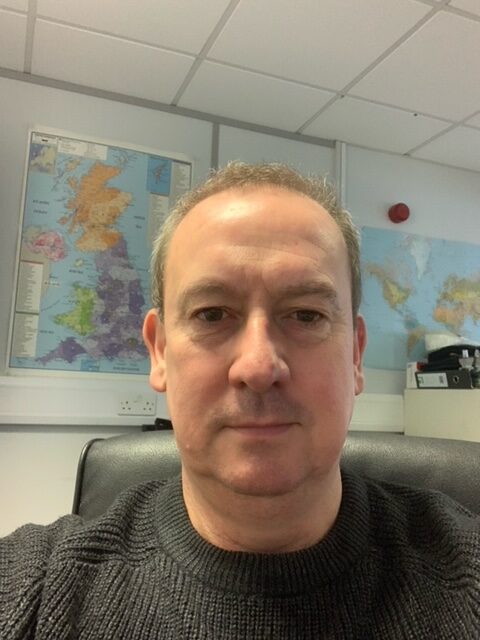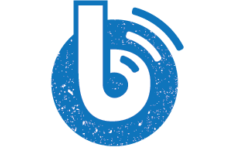Using agility to forge a competitive edge
At Bishop Marketing Communications, we focus on a number of sectors, including outdoor, manufacturing and technology – areas of business which have weathered the pandemic ‘storm’ well. In a new blog series, we’ve put a spotlight on how some of these organisations have effectively navigated the 2020 norm, and what lies ahead in 2021.
Our first interview features Andrew Tither, managing director of North-West based Exloc Instruments, a company of 13 serving the process industry and the field of hazardous protection and intrinsic safety equipment. He talks to us about the crucial advantages of being agile, company growth and…dare we say it? Brexit.

What have the last 12 months looked like for Exloc?
It’s been a frustrating time, and although we have continued to grow, our trajectory would’ve been sharper without the restrictions COVID-19 has placed on us. Not being able to hire new people has hindered our progress due to the practical restrictions brought to training and new customer contact. It’s also meant our team has been working flat out, ensuring fast response times to enquiries, and also grappling with the resending and loaning of equipment which has become a more time-consuming task.
What do you attribute Exloc’s growth to?
I think our small company size allows us to be more agile. Some of our competitors are big manufacturers and don’t have the same flexibility to adapt their services, or provide offers that meet new customer demands. Our set up also allows for quicker decision making. For example, we are often able to discount some of our products on an ad hoc basis, something our larger counterparts can’t do – this has given us a significant competitive edge.
What are the biggest changes you have seen?
We’ve seen a flurry of new kinds of enquiries, our customer base is changing all the time. There’s been no real change in the sectors we work with, as power, pharmaceutical and manufacturing industries are all still operational. Some of our suppliers have suffered and where we can, we are supporting them by purchasing their stock.
Have there been any new buying patterns from customers?
Although our standard products are all still popular, there has been an increased interest in our hands-free head mounted tablet, for example. This head-mounted device, worn by on-site workers, has a camera and line-of-sight display which can be viewed like a tablet and is visible to remote personnel to help troubleshoot problems. Without social distancing restrictions, in-person support would normally be required, so solutions like this help keep processes going.
Have things changed internally?
Internally, we’ve been able to change our Work From Home policy I think this is something we will look at in more detail post-pandemic. Offering more flexibility and freedom for our staff to do their job I believe is empowering and ultimately improves productivity.
As a company importing goods from the EU, what are the implications of Brexit?
The impact of Brexit has obviously been looming for a while so it is something we have prepared for as much as we can. As an importer from the EU, mainly selling in the UK and exporting to Ireland, there are clear ramifications for us but we don’t know what these are yet.
A big subject for us is CE marks – after leaving the EU, we will now be required to use the UKCE mark on our products. There is also a new requirement to reissue existing explosive atmosphere certificates for some of our products. We’re addressing this with our team attending export and import rule training sessions to make sure we’re up to date on new legislation. It’s another adjustment for us to contend with but having seen the resilience of our team and what we can achieve with COVID limitations throughout 2020, I am confident our strong growth will continue.
If you would like a feature article writing about your experiences as a supplier or manufacturer, please take a look at some of our Case Studies and get in touch.
